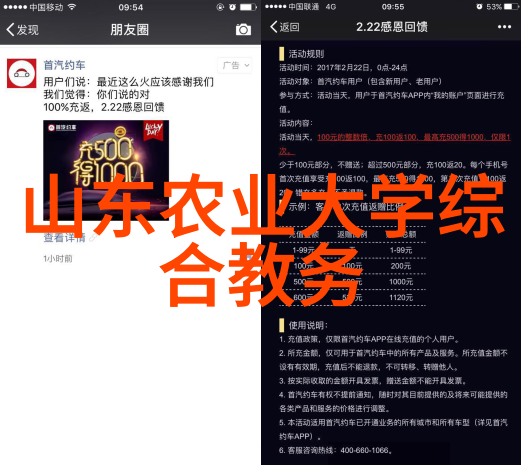凤阳小岗村:中国农民家庭联产承包责任制改革的标杆与传奇

凤阳小岗村:改革开放前夜的试验田
在1978年底,中国农村经济体制开始从计划经济向市场经济转变。凤阳小岗村成为这一历史性的变革的先行者。当时,全村共有168户、总人口1066人,平均每家约占地3亩多。通过深入研究并模仿邻近地区的一些成功经验,小岗村群众决定实行家庭联产承包责任制。

改革初期面临的困难与挑战
小岗 villagers faced numerous difficulties and challenges in the early stages of reform. They had to overcome the resistance from some conservative cadres, as well as the lack of necessary resources and knowledge for implementing such a significant change. The initial results were not promising, with crop yields dropping significantly due to inadequate management skills.

凤阳小岗村:改革成果与影响力
However, under the leadership of village party secretary Wan Xiaotang, small groups of farmers worked tirelessly to improve their farming techniques and increase production efficiency. By 1980, the first harvest after implementing family contract responsibility system saw a dramatic increase in grain output per mu by an average of 30%. This achievement attracted national attention and became a model for other villages nationwide.

政策支持与制度创新
The success story of Kepong Village caught the eye of Chinese leaders who recognized its potential impact on rural development across China. In response to this innovative practice, policies were formulated at both central and local levels that encouraged more communities to adopt similar approaches towards agricultural reform.

影响力的扩散与推广
As news about Kepong's remarkable progress spread rapidly throughout China's countryside, it inspired countless villages across various regions to follow suit with their own reforms based on this pioneering effort by small groups within Kepong Village.
长远意义及对当代农业发展的启示
Today looking back upon these historical events serves as inspiration for current agricultural practices worldwide emphasizing collective efforts over individual gain along with efficient resource allocation leading ultimately towards sustainable economic growth while preserving natural resources for future generations' benefit
标签: 农业综合行政执法队伍到底管什么 、 山东农业大学综合教务系统 、 农业综合新闻 、 河南省农业综合开发公司



